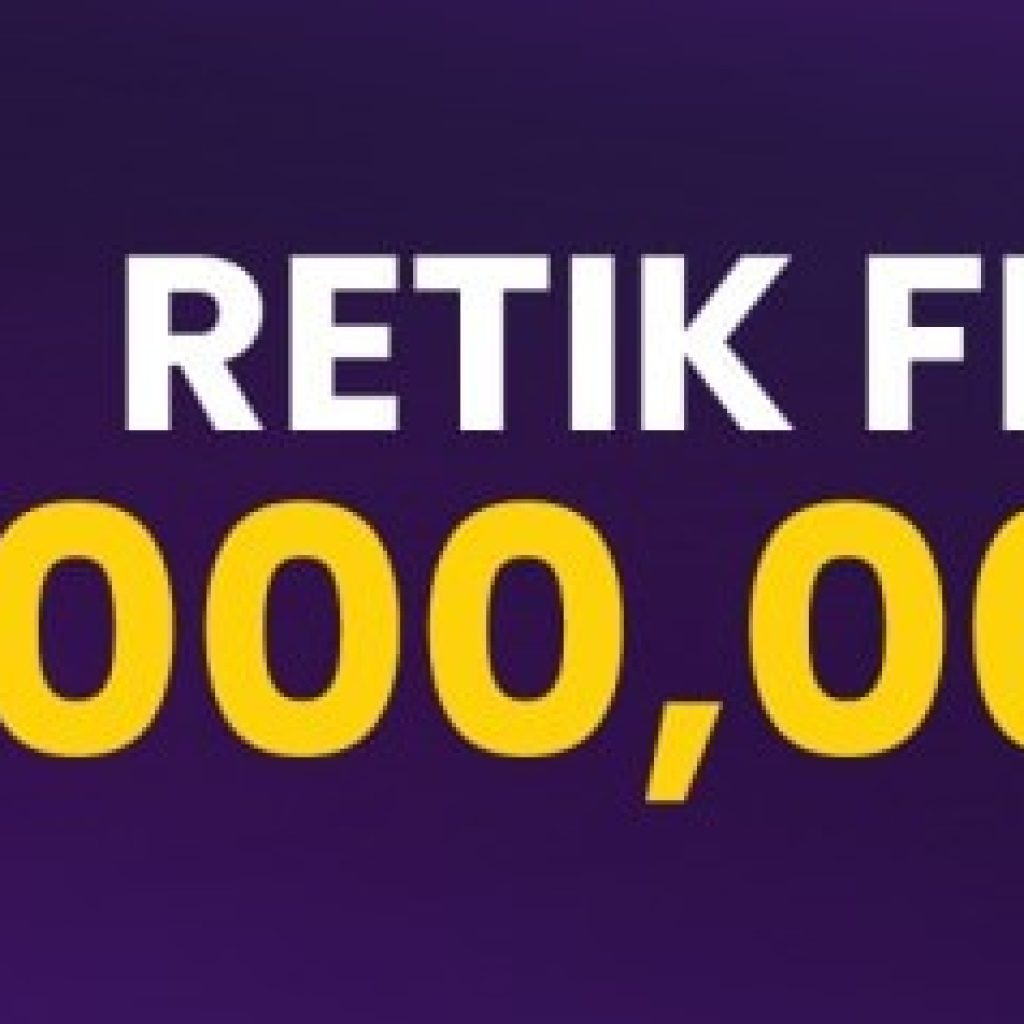Singapore has made progress in its regulatory framework for the engaging cryptocurrency industry, evidenced by its changes to its offense of payment services that involve custody of digital assets and a wider range of firms involved in fund transfer. During the 2024 hearings, Singapore’s policy of becoming a leading global destiny for cryptocurrency institutions shall be revealed with a free prioritization of security and stability of finances.
Singapore’s Bold Expansion of Crypto Regulations
The rules Draft and the PS Act replace include digital payment token (DPT) service provision; there are very tough requirements that are meant to protect the users and make sure that the economy is stable.
Similarly, it could be inferred that the PP Act applies to any business facilitating the transmission or exchange of the tokens now involved, even when such an entity does not handle the assets. Another important element would be that companies, in the opinion of cross-currency transfers, will operate under the same regulations, regardless of the location of the funds they are accepting or receiving.
Its efforts were to make amendments to the regulation. Therefore, measures related to anti-money laundering and counter-financing terrorism can be imposed.
Through the MAS’s adoption of the overseeing role to DPT service providers, the latter will be forced to comply with the necessary strict conditions designed to shield users from dangers and maintain an orderly financial domain in the entire crypto industry.
Singapore’s Adaptive Approach to Crypto Compliance
The undertakings whose business operations fall within the extended sphere of the PS Act will be accounted for using transitional mechanisms. Within 30 days of initiating this amendment, those firms are to lodge a notice with MAS and submit a license application, thus prolonging their operations. This must be done within six months of the regulatory review being initiated.
Audit reports are another requirement when applying for a license. They should be in the form of an attestation and filed within nine months after the amendments. This report should be devoted to the entity’s trading activities specified in the anti-money laundering and countering terrorism financing standards.
Individuals and entities who do not comply with the new regulations could be punished with a task to stop their activities on January 1st when the amendments come into force. The amended rules include processes such as evidential segregation of client’s assets among trust accounts, maintenance of reliable order books, and installation of reliable systems and controls to protect the integrity and safety of client’s property
Cyber-attacks targeting industrial control systems have revived concerns about potential disruptions to critical infrastructures, causing the government and other authorities to develop protocols to prevent such attacks.
With BBC One’s blockchain intelligence, TRM Labs, Angela Deborah agrees that some of these regulations have been in the making for a long time. They bring clarity that is of much need to certain crucial aspects of the crypto ecosystem. They provide a stable regulatory strategy that creates an enabling foundation for other industry participants.
Singapore’s Regulatory Evolution
Singapore’s ever-enhancing regulations prove that the city is making considerable efforts to be a game changer and one of the leaders in the global crypto marketplace. The goal is to ensure user protection and financial stability while encouraging innovation simultaneously.
Putting all these requirements and conditions to ensure the growth of digital asset businesses will be created. The regulations are strict enough to give confidence to all the players in the market and ensure that the sector grows with the needed clarity and accountability. In the end, this will cement Singapore’s position in the financial sector.





